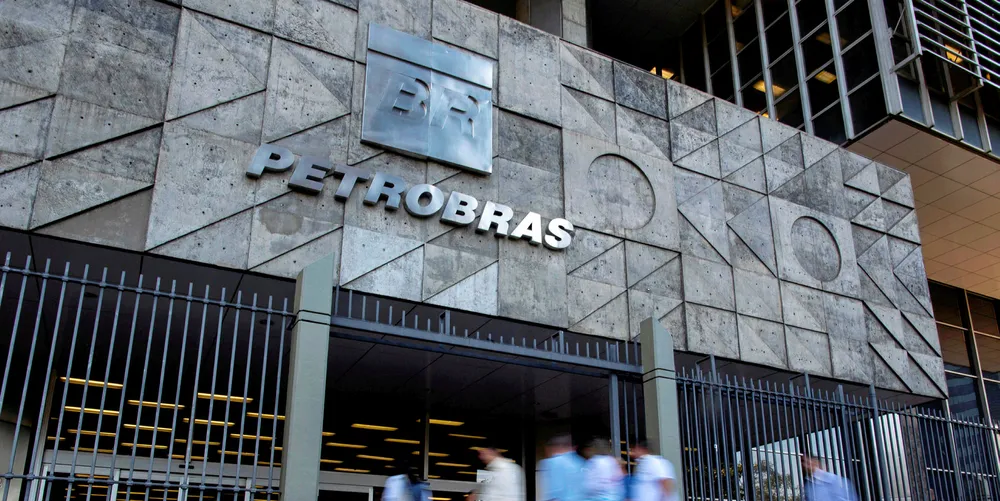Brazil's oil giant Petrobras puts wind farms up for sale as renewables retreat begins
State group puts small portfolio of onshore projects on the blocks as it starts exiting non-core areas

State group puts small portfolio of onshore projects on the blocks as it starts exiting non-core areas
